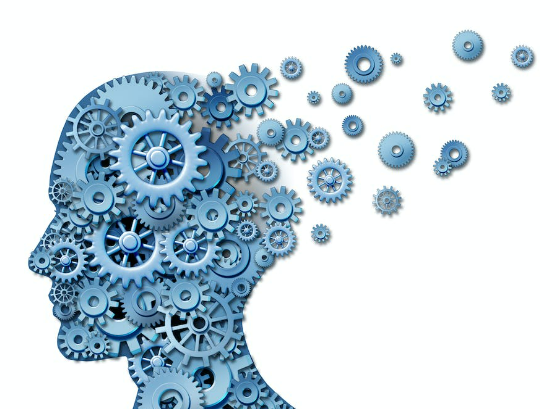HOW TECHNOLOGY AFFECTS MEMORIES
Technology is a wondrous thing that develops over decades. Things that seemed impossible in the past have become a reality in the present, and there are a lot more goals to be achieved in the future. The purpose of technology being developed is to help humans go through their everyday activities more efficiently, effectively, and faster, from simple household chores to big industries such as business operations. As a result, technology affects how we do our daily activities and how our brain functions. Have you ever wondered how generations over time have different values, social status quo, and perspectives? The answer is of course because technology plays a significant role in the development of each generation, affecting our memory, social life, intelligence, values, and personality. Technology influences how we perceive and remember information, even if it does not change the content itself. Over time, this influences how one generation thinks and values things. A great example is how problems arising from COVID restrictions due to a pandemic can be solved with technology because lockdowns and restrictions force the government and organizations to adapt to the condition and change their habits. The phenomenon of working from home for workers or studying from home for students has been conducted way before the pandemic. As a student myself, I was affected by how learning activities at schools changed from offline to online through video conferences such as Zoom, Google Meet, and Discord. Because of technology, teachers and students are able to obtain information worldwide for learning purposes. This shows how technology tremendously influences students in how they obtain information and perceive things that affect their memories. Thanks to technology, we now have the internet, which contains tons of information and can be easily accessed by people. In her article, Carolyn Gregoire explains how technology impacts memory. She also makes the case that because the internet makes so much information readily available, people tend to forget less information. People feel the urge to forget information that may be accessible on Google, which reduces the capacity of the brain to store information and memories. Gregoire contends that it is more difficult to create new memories when one is preoccupied. Even if the human brain’s capacity to store knowledge is nearly limitless, technology can still limit how much we can retain. This forgetfulness is compared to a full glass of water by researchers. The Energy Project’s CEO, Tony Schwartz, explains this water phenomenon. In his analogy, the brain is compared to a full glass of water. The water just fills the glass as you add more, whereas the water that was there before flows out when you add new information. He is demonstrating how the knowledge we retain through technology replaces our prior knowledge, which exits our brain. Technology weakens our memory and affects how effectively we can store information in our brains. Therefore, technology has a significant impact on our memory.
References



